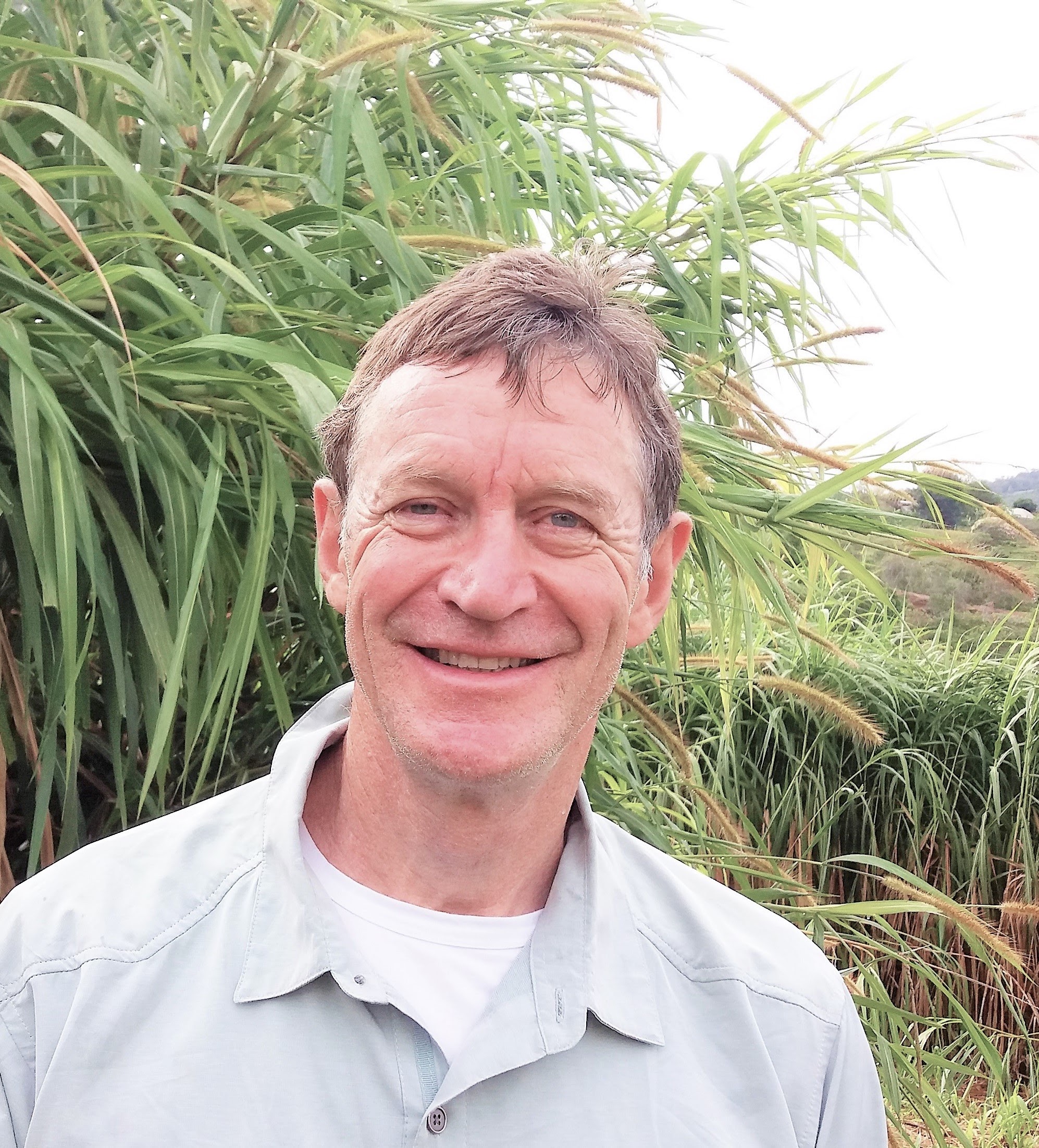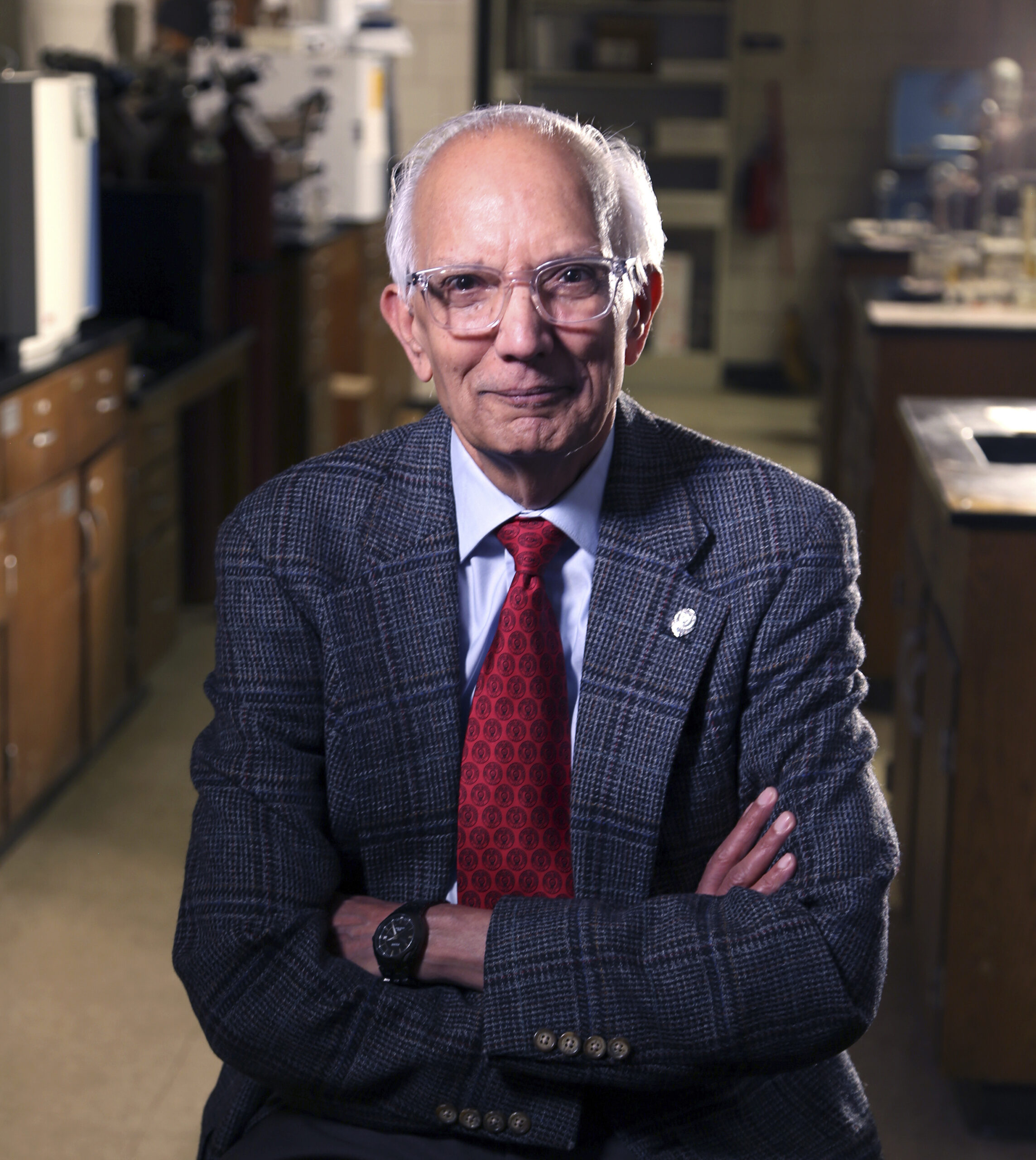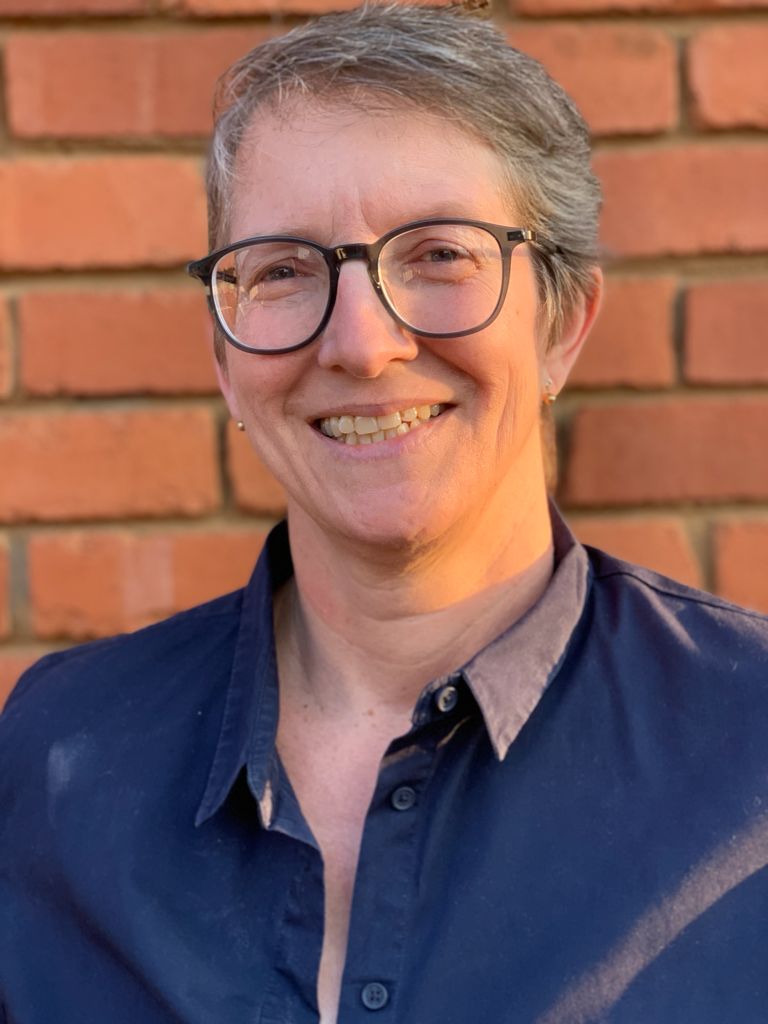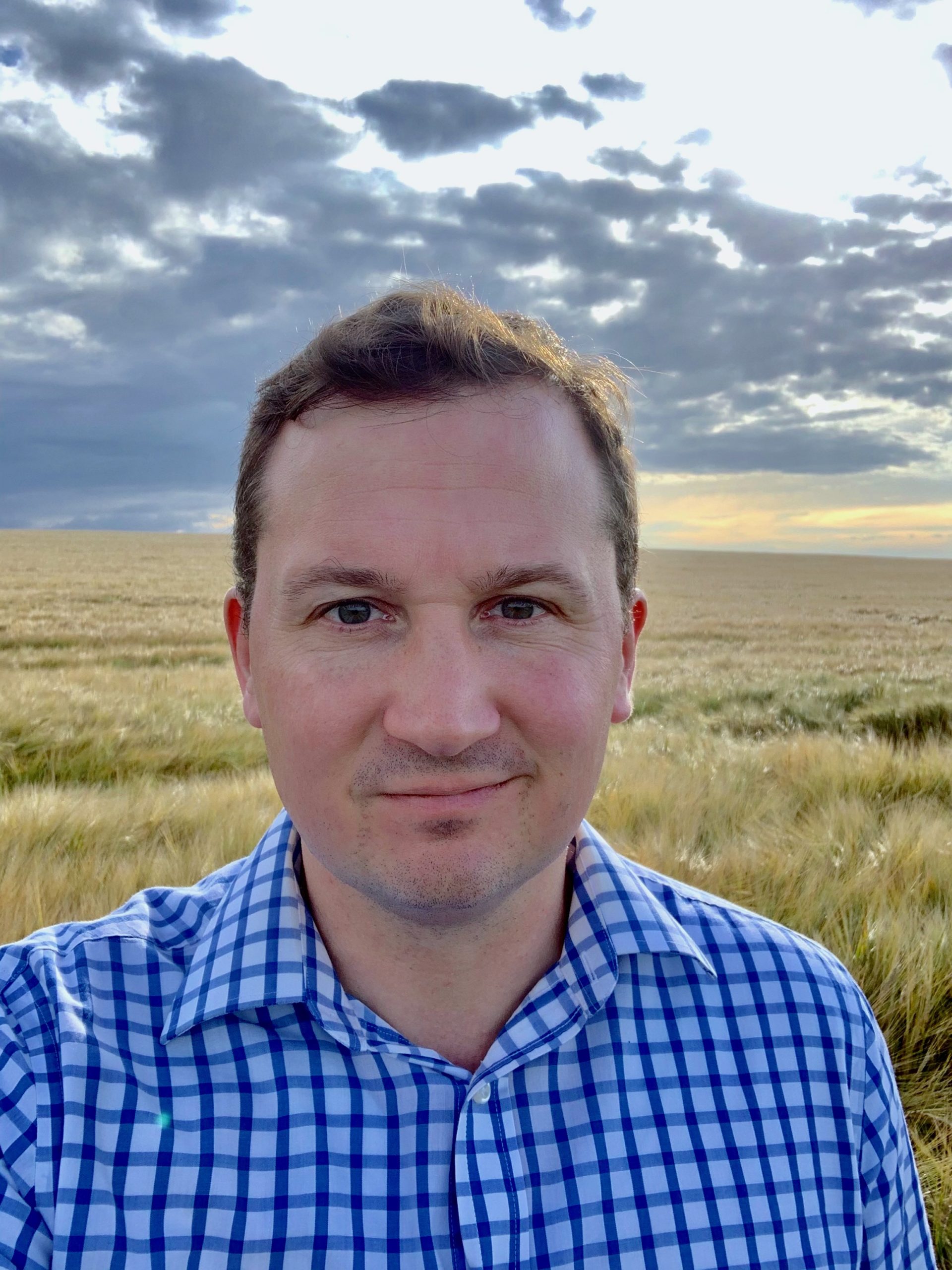Our Scientific Advisory Committee

Simon Cook, Ph.D. - Professor, Curtin and Murdoch Universities, Perth Australia
Dr. Simon Cook is a strongly inter-disciplinary scientist with interests in subjects such as digital agriculture, precision agriculture, and the development of sustainable global food and water systems. Trained at Swansea, Reading and Cambridge Universities in in the UK, he moved in 1990 to CSIRO Australia to develop digital methods of soil mapping. During his time at CSIRO, he built a team to develop precision agriculture for grains, grapes and sugar cane. In 2000 he moved to the GIS Group at the International Center for Tropical Agriculture [CIAT] in Colombia, where he was drawn into global-scale research programs to support agricultural development, including the Challenge Program for Water and Food and the CGIAR program on Water, Land and Ecosystems, where he was the inaugural director. In 2016 he returned to Australia to take up a professorship at Curtin and Murdoch Universities as the Western Australian Premier’s Fellow, where he initiated research on digital agriculture and on-farm experimentation. He lives in Perth, Australia and Cali, Colombia.

Rattan Lal, Ph.D. - Distinguished University Professor of Soil Science, The Ohio State University, Columbus, USA
Dr. Rattan Lal is a Distinguished University Professor of Soil Science and Director of the CFAES Rattan Lal Center for Carbon Management and Sequestration at The Ohio State University, as well as an Adjunct Professor of University of Iceland and the Indian Agricultural Research Institute (IARI), India. He has authored/co-authored over 1000 refereed journal articles and more than 550 book chapters, has written and edited/co-edited more than 100 books. He was included in the Thomson Reuters list of the World’s Most Influential Scientific Minds (2014-2016), and he is among Clarivate’s Highly Cited Researchers in Agriculture (2014-2021), as well as ranked #1 in Agronomy and Agriculture overall, #34 globally for the year 2020, and #73 globally for career from 1973-2020 among the top 2% of scientists by Stanford’s Ioannidis (2019, 2020, 2021). He has received an Honoris Causa degree from nine universities throughout Europe, USA and Asia; the Medal of Honor from UIMP, Santander, Spain (2018); the Distinguished Service Medal of IUSS (2018); and is fellow of the five professional societies. Dr. Lal has mentored 115 graduate students and 182 visiting scholars from around the world. He was President of the World Association of Soil and Water Conservation (1987-1990), International Soil and Tillage Research Organization (1988-1991), Soil Science Society of America (2006-2008), and the International Union of Soil Sciences (2017-2018). He is Chair in Soil Science and Goodwill Ambassador for Sustainability Issues for the Inter-American Institute for Cooperation on Agriculture (IICA), and member of the 2021 United Nations Food Security Summit Science Committee and Action Tracks 1 & 3. Dr. Lal is laureate of the GCHERA World Agriculture Prize (2018), Glinka World Soil Prize (2018), Japan Prize (2019), U.S. Awasthi IFFCO Prize (2019), Arrell Global Food Innovation Award (2020), World Food Prize (2020), and India’s Padma Shri Award (2021).

Dr. Eva Schernhammer, Medical University of Vienna and Harvard Medical School
Dr. Eva S. Schernhammer is Professor and Chair of the Department of Epidemiology at the Medical University of Vienna, Adjunct Professor at the Department of Epidemiology at the Harvard T.H. Chan School of Public Health, Lecturer on Medicine at Harvard Medical School, and Associate Faculty member at the Complexity Science Hub Vienna. She is one of the founders of ASciNA (Austrian Scientists in North America), where she served many years as President and Board member. She has been associated faculty at Harvard Medical School and the Harvard T.H. Chan School of Public Health since 2003. Eva holds a Doctor of Medicine degree from the University of Vienna Medical School, a Doctor of Public Health degree (epidemiology) from the Harvard School of Public Health, as well as a Master of Philosophy (Mag Phil) degree in psychology from the University of Vienna. She completed her medical training in Vienna and practiced for several years in hematology/oncology before moving to Boston, MA, where she lived and worked from 1999 through 2015.
Eva is best known for her studies on disturbances of the circadian clock and their role in human health. She is one of the pioneers of circadian epidemiology and leads a group of scientists at Harvard who study these concepts, using longitudinal population studies. Her projects center around the complexity and fragility of the circadian system in humans, incorporating biomarkers, and transgenerational-, gender-, and age-specific aspects into her research, applying standard and advanced statistical and mathematical modelling. More broadly, her work centers around the detection of an increased risk of disease due to lifestyle factors, including nutrition, and environmental stressors, as well as the complex interaction between genetics and environmental factors in the disease process. During the recent COVID-19 pandemic, her work has shifted attention to the particularities of infectious disease epidemiology. Together with a distinguished group of scientists from around the world, including her own research group at the Department of Epidemiology in the Center for Public Health of the Medical University Vienna, she studied the characteristics of outbreaks and deliberated their potentially far-reaching consequences. Eva’s work has received several international awards and is frequently featured on media around the globe. She has more than 300 publications and an h-index of 90. She has been elected Member of the Austrian Academy of Sciences since 2024, and Member of Academia Europaea and the European Academy of Arts and Sciences since 2022.

Amy Sullivan, Ph.D. - Consultant (Gender, Water, and Natural Resource-based Livelihood Systems), Pretoria, South Africa
Dr. Amy Sullivan is a private consultant focusing on gender, water, and natural resource-based livelihood systems across Africa and Asia. A former US Peace Corps Volunteer in Senegal, and trained at the University of Florida in the US, she joined the Pretoria South Africa office of the International Water Management Institute (IWMI) as part of the Challenge Programme on Water and Food (CPWF) in 2004. She guided research teams in establishing relationships between customary water arrangements and emerging statutory governance systems. In 2010 she joined the Food, Agriculture, and Natural Resources Policy Analysis Network (FANRPAN) as the Limpopo Basin Leader of CPWF. In that role and as the theme lead for the natural resource and environment programme at FANRPAN, she developed and coordinated multi-disciplinary teams to diagnose, document and address challenges facing smallholder farmers in a region heavily influenced by climate change, migration, and mining. As a consultant since 2014, Amy has focused on gender transformative approaches in development and led the Inclusive Service Delivery team for the Iraq Governance and Performance Accountability. She is currently a member of the Global Water Partnership (GWP) Africa Water Investment Programme Technical Reference Group monitoring and contributing to inclusive water security and climate resilience through gender transformative approaches in the Africa Water Investment Support Programme to Water, Climate, Development and Gender (WACDEP-G). She is based in Pretoria.

Michael Wironen, Ph.D. - Senior Scientist Agriculture & Food Systems, The Nature Conservancy, Washington, D.C.
Dr. Michael Wironen is a Senior Scientist in The Nature Conservancy’s Center for Sustainability Science. In this role he provides technical and strategic leadership to collaborations with the agri-food sector to drive investment into the sustainable intensification of agriculture. His portfolio includes place-based projects to improve soil health, increase resource use efficiency, and protect habitat in Kenya, Brazil, Argentina, the United States, China, and India. In this role, he has collaborated with companies including Syngenta, Walmart, AB InBev, and McDonald’s. As Science Lead for the Syngenta collaboration, Dr. Wironen helped secure and structure Syngenta’s $2 billion commitment to invest in technology innovation to support sustainable agriculture. Prior to joining TNC, Dr. Wironen worked for a private consultancy, where he led sustainability and climate action projects with an array of private and public-sector clients in the US and Africa. He holds a PhD in Natural Resources Science from the University of Vermont and has published on nutrient cycling in forests and agroecosystems, among other topics.
